In what appears to be a significant step forward in Pak-Russia security ties, Commander-in-Chief of Russian Land Forces Col Gen Oleg Salyukov announced on January 22 that his troops will be participating in the first ever army exercises in Pakistan.
The yet unnamed exercises with Pakistan, according to Salyukov, are “special mountain drills”, a probable reference to high-altitude warfare training involving special forces from both countries. It is yet unclear whether these exercises will involve Pakistan Army’s Special Services Group (SSG) or Pakistan Air Force’s Special Services Wing (SSW) commandos, but what is significant is that the selection of a mountainous terrain might have been planned keeping Afghanistan in view. The US and its allies in the war-torn country are expected to drastically reduce their ground presence, if not drawdown altogether.
Of course, leaving Afghanistan in turmoil like this is problematic for the regional security stakeholders especially Russia, China, Pakistan, Iran and Central Asian Republics (particularly Tajikistan and Turkmenistan). For its part, Russia has three troublesome fronts to deal with:
1. Increased tensions with NATO in Eurasia and the Baltics
2. The Gulf-Iran spat over Syria
3. The threat of terrorist groups spreading from Afghanistan, especially Daesh (IS/ISIS/ISIL)
Last year, Mr Zamir Kabulov, President Putin’s Special Envoy for Afghanistan, had shared some of Russia’s concerns regarding Daesh when he said that the hardcore terrorist group was training ‘Russian-speaking’ militants in Afghanistan. And on its part, Pakistan has been experiencing repeated terror attacks from across the Durand Line in Afghanistan. The recent carnage at Bacha Khan University in Charsadda is a prominent case in point.
With respect to Pakistan and Russia’s security interests, the two most prominent developments which took place last year was the former’s inclusion as a permanent member state in the Shanghai Cooperation Organization (SCO) and the latter’s headship of the Executive Council of SCO’s Regional Anti-Terrorist Structure (RATS). Col Gen Yevgeniy Sysoyev, who until last year was Deputy Director of Russian external intelligence FSB’s National Antiterrorism Committee (NAC), took over as Director of the RATS Council on January 1. SCO member states take charge of governing bodies on rotation and the appointment of a Russian expert is indeed of much significance.
This unprecedented military cooperation between former rivals Pakistan and erstwhile Soviet Union is bound to irk India since Moscow has been New Delhi’s strategic ally since decades.
A few weeks before his appointment, the previous Director RATS Council Mr Zhang Xinfeng had met Mr Tahir Aziz Chaudhry, Pakistani Ambassador to Uzbekistan on December 4, 2015 to discuss issues of mutual interest. Two months prior to this on October 22, 2015, SCO members and observers participated in the third conference organized by Executive Committee RATS to discuss issues of cooperation pertaining to international terrorism and extremism among the participating states. Pakistan was also represented in the conference.
This unprecedented military cooperation between former rivals Pakistan and erstwhile Soviet Union is bound to irk India since Moscow has been New Delhi’s strategic ally since decades. Rumors doing the rounds in Pakistan suggest Russia’s elite Spetsnaz special forces will be coming to Pakistan, but nothing conclusive can be said with certainty because of very limited information available in media reports. There is also speculation that the exercises will be conducted at Pakistan Army’s National Counter Terrorism Centre (NCTC) in Pabbi near Jhelum but that area has hills and plateaus, not mountains as the Russian military official revealed.
Anyhow, the fact of the matter remains that Russia and China are taking regional security very seriously. Russia’s latest initiative to move forward from bitter memories of the past and Pakistan’s willingness to cooperate with Moscow to secure long-term security interests vis-à-vis Afghanistan are encouraging. The enemies of the past are once again key stakeholders in Afghanistan but with a big difference; this time, Moscow and Rawalpindi’s interests are common.
Russia has more to benefit from Pakistan’s military training than vice versa, as the latter has considerable operational experience in sub-conventional warfare and counter insurgency operations.
It is hoped that the upcoming Pak-Russia army exercises prove to be the first of many such drills in the future.


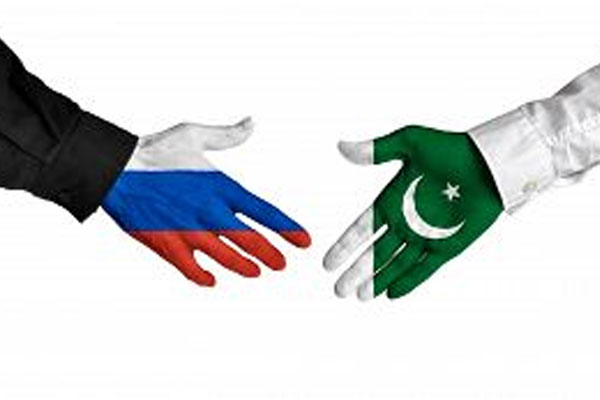
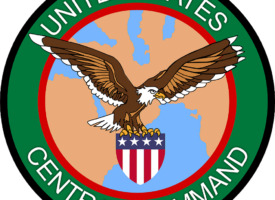
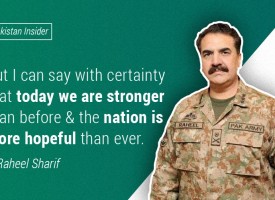

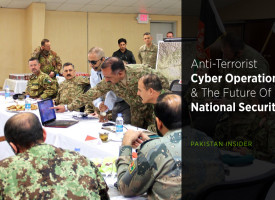

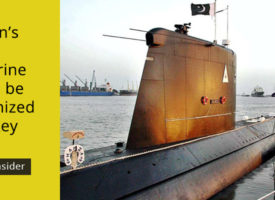
Most probably the site of joint exercises can be Mountain Warfare Center Abbottabad .
Dear Haris, I believe you might be referring to the Army High-Altitude School at Rattu.